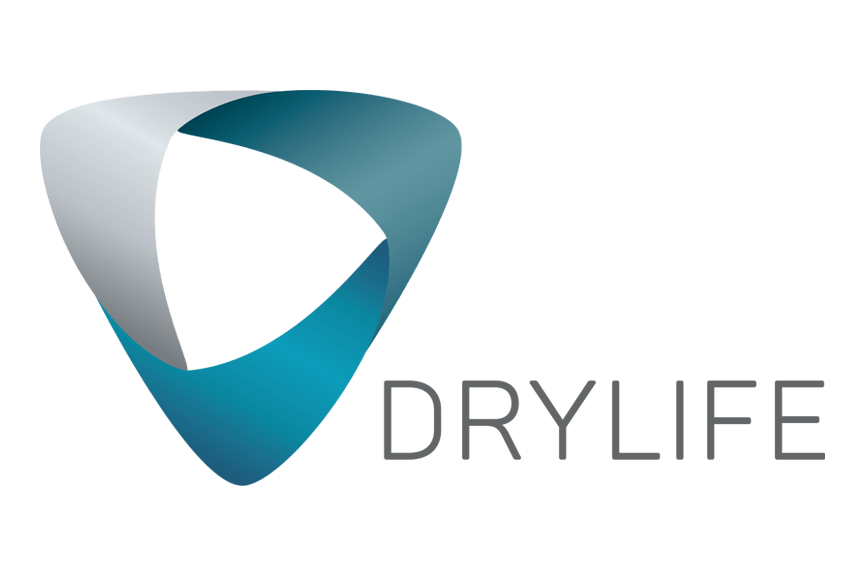Everything you need to know about urge incontinence
Urge incontinence is a sudden, overwhelming urge to urinate. If you don’t reach the loo in time, it’s often also followed by some unwelcome leaks that can be disruptive and embarrassing.
Urge incontinence is a common phenomenon, affecting millions across genders and age groups in the UK, impacting their daily lives and social interactions. It doesn’t have to control your life, though. It’s often mistaken with stress incontinence, but the latter comes about when pressure is applied to the bladder (e.g. when laughing or coughing).
By understanding its causes, symptoms, and potential management strategies, you can regain control and live with confidence.
What are the causes of urge incontinence?
There are a variety of factors that can cause urge incontinence in a person’s life, no matter their age or gender.
Neurological conditions
One of the ways in which urge incontinence manifests is through conditions that affect the brain and our overall bodily function.
For example, Multiple Sclerosis (MS) is an autoimmune disease that disrupts communication between the brain and spinal cord, affecting nerve signals to the bladder. This can lead to:
- The bladder muscles contracting involuntarily and forcefully
- The inability to sense a full bladder or properly control when to go
- Difficulty recognising or responding to the urge to urinate
Similarly, Parkinson’s Disease is a neurodegenerative disease affecting the central nervous system, including the dopamine pathways involved in bladder control.
Spinal cord injuries, on the other hand, can also disrupt nerve pathways that control bladder function, including the bladder reflexively emptying without conscious control.
Weakened pelvic floor muscles
The role of the pelvic floor is vital to good bladder control. It offers support by ensuring the urethra - the tube that carries urine out of the body - closes properly when needed.
However, there are many ways that the pelvic floor can be affected over time.
- Childbirth - During pregnancy and childbirth, the stretching and pressure that the pelvic floor muscles endure can leave them weaker. This can lead to lower support for the bladder and difficulty controlling the urge to urinate.
- Age - As we age, natural wear and tear takes its toll on all muscle groups, including the pelvic floor. This is especially true in women experiencing menopause-related hormonal changes.
- Medical procedures - Pelvic surgery or radiation therapy can also damage the pelvic floor muscles. Chronic obesity and constipation puts additional strain on these muscles, too, affecting their function further.
Medical conditions
Several medical conditions contribute to urge incontinence by either irritating the bladder lining or obstructing the flow of urine:
- Diabetes - High blood sugar can damage the nerve controlling the bladder, leading to overactive bladder symptoms like urgency and frequency. It can also impair bladder sensation, making it harder to know when your bladder is full.
- Bladder stones - These hard mineral deposits in the bladder can irritate the bladder lining. This inflammation and discomfort triggers symptoms of urge incontinence, as well as pain during urination.
- Prostate enlargement - An enlarged prostate gland can block the urethra, obstructing flow. This can lead to incomplete bladder emptying, leaving urine in the bladder and increasing the risk of leakage.
Medications
Certain medications can exacerbate urge incontinence, including:
- Diuretics - Prescribed for managing high blood pressure or heart failure, these work by increasing urine production to flush out excess water and sodium from the body. This increased volume of urine can put additional pressure on the bladder.
- Antidepressants - Certain types of antidepressants, known as TCAs, block certain nerve signals and weaken bladder muscles responsible for contraction. This can lead to incomplete bladder emptying, urine retention, and increased urgency.
Taking control of urge incontinence
Living with urge incontinence can feel like a constant battle, but there are a range of proven management strategies to help regain control and improve quality of life.
Lifestyle changes
- Managing fluids - Whilst staying hydrated is important, reducing fluid intake at certain times (e.g. before bed) can ease bladder pressure over the span of a day. Avoiding caffeine-rich and alcoholic drinks wherever possible is also helpful.
- Dietary adjustments - High-fibre foods and managing constipation can reduce pressure in the abdomen known for aggravating urgency. Acidic foods and spicy dishes, on the other hand, can help reduce bladder irritation.
- Weight management - Maintaining a healthy weight alleviates pressure on the bladder and pelvic floor, contributing to better control.
Bladder retraining
This technique focuses on gradually increasing the intervals between bathroom visits, retraining your bladder to hold more urine over time. Tracking fluid intake, urination frequency, and episodes can help identify triggers and patterns.
Medications and procedures
Certain medications, such as anticholinergics, can relax bladder muscles and reduce urgency. In some cases, minimally invasive procedures like nerve stimulations can be recommended for long term bladder improvement.
Tackling urge incontinence with Incontinence Shop
Living with urge incontinence can be challenging, but you’re not alone. Millions of people in the UK and across the world live with this condition, just like you.
Every step made towards managing urge incontinence, from lifestyle adjustments to medication, is a step towards reclaiming your life and independence.
If you're struggling with urge incontinence and are looking for cost-effective solutions that improve your comfort and dignity, then look no further than Drylife pads from Incontinence Shop.
If you want to make sure you’re prepared against unexpected leaks, our incontinence pads and pants offer reliable protection that minimises discomfort and maximises discretion.
And for prices lower than supermarket costs, Incontinence Shop is the best choice for you.
What's more, if you subscribe to your incontinence product of choice, then you can enjoy 10% off every order as well as convenient doorstep delivery.



















